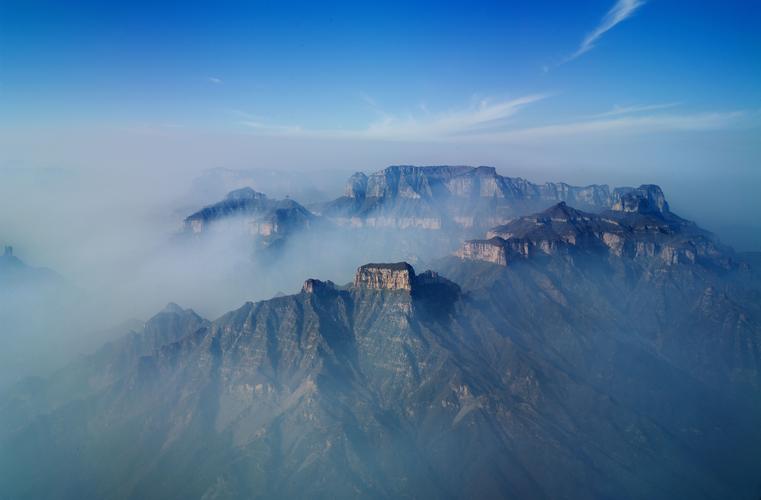The Intersection of Religion and Cultural Diversity
Religion and cultural diversity have been intrinsically linked throughout history. Cultural diversity can take many forms, such as language, cuisine, and customs, while religion often defines our beliefs and values. In recent years, our interconnected world has led to greater exposure to different religions and cultures, creating both opportunities and challenges. Understanding the intersection between religion and cultural diversity has never been more vital.
The Importance of Religion in Cultural Diversity
Religion is often a cornerstone of culture, influencing the way people live, communicate and interact with each other. For this reason, understanding religion is pivotal in fostering understanding and harmony in diverse communities. Religion can unite people with different cultural backgrounds and create a shared sense of purpose and values. The role of religion has also been essential in addressing global issues such as poverty, war, and climate change.
Cultural Diversity as an Expression of Religious Beliefs
Cultural diversity is also often an expression of religious beliefs. Religious practices often have a profound impact on the way people live. From dress to food to daily routines, people’s religious beliefs play an integral role in shaping their cultural behavior. Recognizing and respecting these cultural differences can help create more inclusive and harmonious communities.
Challenges at the Intersection of Religion and Cultural Diversity
Despite the benefits of understanding the intersection of religion and cultural diversity, there are also challenges. One challenge is the potential for religious and cultural misunderstandings, which can lead to intolerance and discrimination. For example, stereotyping and stigmatization of certain religious groups can cause social exclusion and tension. Another challenge is the potential for religious beliefs to conflict with local laws and customs, fuelling social tensions.
Creating a More Inclusive Society
Creating a more inclusive society requires understanding that religions and their related cultures are not inherently superior to others. Instead, we should embrace the diversity of cultures and religions that make up our communities. This requires more than just tolerance; it requires active participation in creating a more inclusive society that recognizes and values diversity.
Conclusion
Religion and cultural diversity are intertwined, and understanding their intersection is vital in creating more inclusive and harmonious communities. Recognizing the impact of religion on culture and promoting respect for cultural differences is essential in creating a more inclusive society. By fostering a greater understanding of the intersection between religion and cultural diversity, we can build bridges between people, create greater harmony, and make the world a better place.
(Note: Do you have knowledge or insights to share? Unlock new opportunities and expand your reach by joining our authors team. Click Registration to join us and share your expertise with our readers.)
Speech tips:
Please note that any statements involving politics will not be approved.
